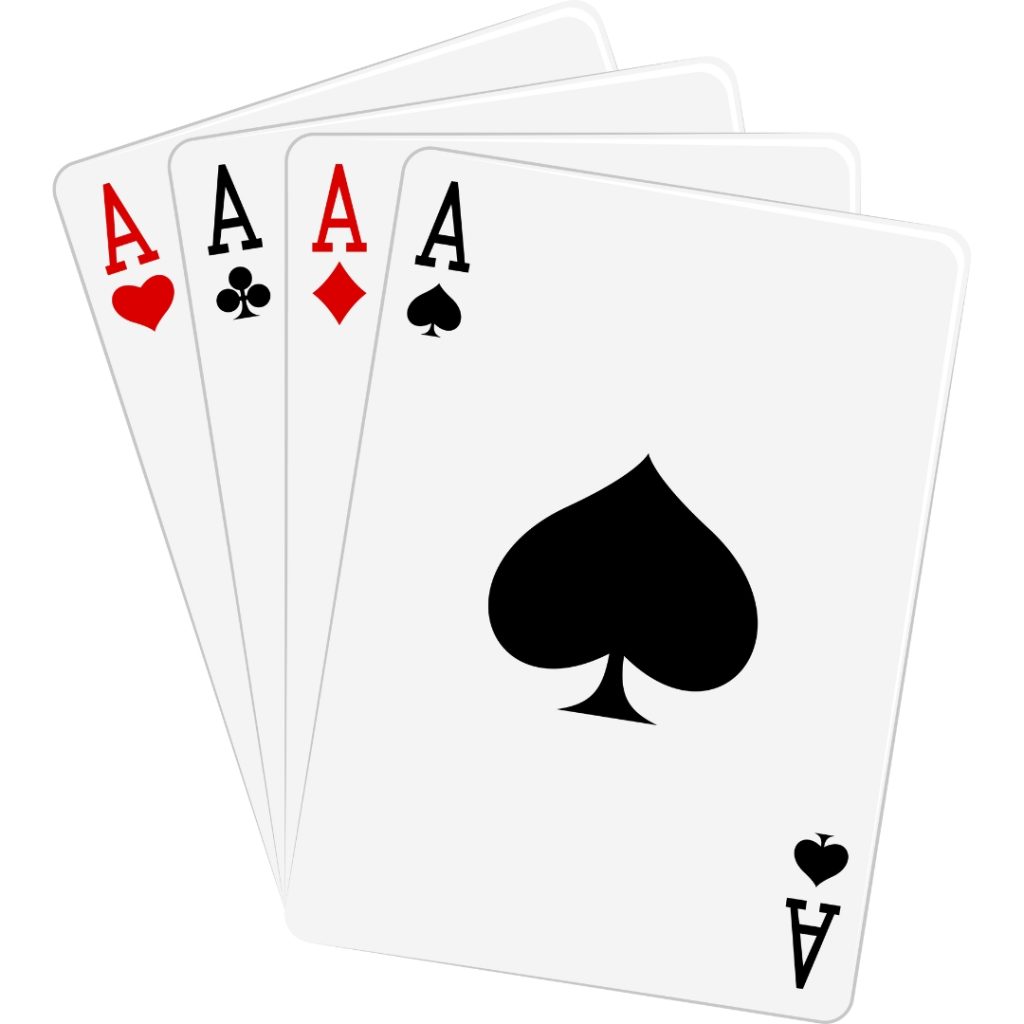I'm over 18 and legally eligible to participate in casino games.
Get your bonus!

Whether you’re into slots, blackjack, or the spinning wheel of roulette, the house edge is pivotal in determining your winning chances. Some games are friendlier to your odds, while others stack the deck against you.
Simply put, the house edge is the casino's inherent advantage in every game. It's a fraction that dictates what portion of the total bets the casino expects to keep over the long haul.
We'll dive into how the house edge varies across games and how this insight can tilt the odds a bit more in your direction.
The house edge represents the casino's built-in profit mechanism. It’s the edge that, over the long term, keeps the casino financially healthy. online casino This doesn't mean you can't snag a win, but it does imply that the scales always slightly tip towards the casino.
Say a game boasts a 5% house edge – for each $100 bet, the casino might pocket around $5 on average, not each session, but when viewed across countless plays.
Imagine placing a bet on a single number in European Roulette where the payout promises 35-to-1. Still, with 37 wheel slots (numbers 1-36 plus a zero), your true winning odds sit at 36-to-1.
This discrepancy between actual odds and payout odds defines the house edge, which is about 2.7% in European roulette.
In blackjack, your gameplay dramatically influences the house edge. Mastering basic strategy trims the edge to as little as 0.5%, but careless play pushes it higher.
Armed with this knowledge, you can choose better strategies. Let’s explore house edge dynamics in some of the most popular online casino games.

The house edge varies across casino games can swing widely depending on what you're playing. It hovers around 5-6% on average, but dips to 1% or balloons to 15% in some instances. Slot machines provide an RTP (Return to Player) rather than a house edge – a 5% house edge means an RTP of 95%.
 The house edge has a direct impact on your outcomes as a player, because it represents the theoretical advantage the casino has over you in the long run.
The house edge has a direct impact on your outcomes as a player, because it represents the theoretical advantage the casino has over you in the long run.
Certain high house edge games, such as some slots or American Roulette, offer less favorable odds.
With games burdened by a higher house edge, it’s likely you’ll see more losses as opposed to the low-edge varieties. This doesn’t rule out jackpot scenarios, but frequent play stacks the deck against your initial wins.
Games with lower house edges mean less of an advantage for the casino over time. This grants more playtime and potentially fewer losses.
The house edge also plays into win volatility. High-edge games like slot machines can lead to volatile outcomes with dramatic wins and losses.
In contrast, low house edge games such as blackjack or baccarat generally ensure a more steady bankroll.
Selecting Strategies and Games
Understanding the house edge and knowing your game helps tailor a suitable strategy.
Your strategy should pivot on knowing the house edge of games. Blackjack and baccarat with minimal edges optimize winning chances over time.
High house edge games, with bigger potential payouts, also pack greater risks in the extended play.
If thrill and risk are part of your casino adventure, high house edge games call your name. For a more strategic approach to bankroll longevity, prioritize lower-edge games.
For instances where how you play affects the house edge, like in blackjack, strategy becomes paramount. Ignore basic blackjack strategy at your peril, as it hikes up the house advantage.
Sticking to the basics can retain the house edge around 0.5%, maximizing your potential for favorable hands.
Similarly, certain craps bets carry lower house edges. Knowing which ones – pass line or don’t pass – benefits your long-term chances.
The house edge informs betting management too. In consistent edge games like roulette, though you can’t change the edge, adapt your betting approach.
Trying smaller, even-money bets like red/black or high/low gives extended gameplay, whereas single number bets risk rapid bankroll depletion.
Slots are all about luck, with no strategy to alter the house edge. Be savvy with your finances; set spend limits, and heed the urge to quit while ahead.
House edge shows long-term odds but doesn’t guarantee win frequency – that depends on game volatility.
High volatility games payout less frequently, with larger rewards, versus lower volatility games awarding consistent smaller wins.
Check both the house edge and volatility for a clear view on your winning prospects over time.
In each casino game, the house edge dictates the built-in contest between you and the house. Games with modest edges boost the odds of winnings, while significant edges equate to long-run risks.
Before gambling, evaluate the house edge in each game.
Pick games permitting strategic gameplay, perhaps blackjack where a strict strategy keeps house edge low. In craps, favor minimized-edge bets like pass line.
For slots and roulette, ensure careful bankroll handling as luck is your main ally against the house’s built-in edge.
Remember that casino games inherently stack odds against you, so aim to have fun at the core of your gambling.
Winning is a bonus, but understand that losses statistically outweigh victories.
European vs. American Roulette: What Sets Them Apart?